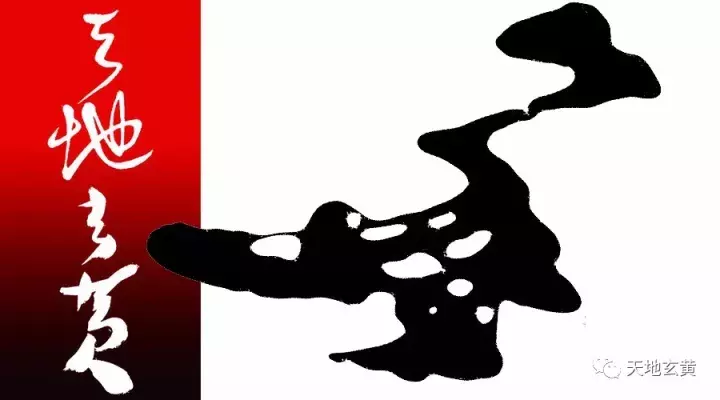
Wang Gong ,Zi Dingguo,Qing Xuan Layman. Wang Su was the fourth son and grandson of Wang Dan, the famous xiang of the Northern Song Dynasty. Born about the first or second year of Emperor Renzong's reign (1049 or 1050), died in the seventh year of Emperor Huizong's reign (1117), a native of Xinxian County, he was a famous poet, calligrapher and painter of the Northern Song Dynasty. He was diligent in writing all his life, and wrote books such as "Miscellaneous Records of Hand-holdings", "Miscellaneous Records of Jiashen", "Collected Poems of Wang Dingguo", "Collected Works of Wang Dingguo", "QingXu Miscellaneous Works of Wai Que" and other books, and was active in the political and literary circles of the middle and late Northern Song Dynasty with his upright character and arrogance, and was deeply respected by the people of the time.
Judging from the structural layout of "Cold Tao Ti", the peace and nature are less exaggerated and no whitewash, although the shadow of the Su body "left and right" can still be seen, but it has shown its own unique structural characteristics. Wang Gong's book emphasizes natural arbitrariness, and in the structural arrangement, no matter the length, retraction, or obliqueness, it is skillfully arranged according to the natural needs of the character posture. For example, in the second line, the words "as promised" are staggered in size and size, and the handling of the dense relationship is quite interesting. Then there is the third line of "there is a dry" and the sixth line of "the book is earnest", which not only enriches the rhythm of the work, but also forms a strong contrast with the thickness of the words "Chenghui Tuan Cake Treasure Sense" in the third line. All these seemingly irregular movements are actually ingenious and ingenious, showing the magic of calligraphy art. All of this fully reflects the author's skillful artistic achievements.
Wang Gong's sketch is not long in scale, only 40 characters, but the pen is thick and thick, which is different from Su Shi's plump beauty. What Wang Zuo presents to us is dignified and solemn, and there is a faint atmosphere of temple. Although this is just an ordinary letter, the author has not slackened off in the slightest, and also creates a thick, vigorous and bold mood for us with full passion. The beauty it presents reflects the author's good learning on the one hand, and highlights the author's ability to control pen and ink on the other hand. "Cold Tao Ti" is dignified with a pen and contains strength, which is obviously influenced by Yan Lugong, and seems to have the interest of "Scrambling for Seat Posts". The line pen is mainly based on the seal, emphasizing the strength of the line, whether it is a thick pen or a thin pen, it is slow and astringent, and the force penetrates the back of the paper, without any rash perfunctory drawbacks. For example, in the fifth and sixth lines of the post, the words "No Trouble Writing is Earnest" are full of real power and stroke, and the pen is sharp, and its pen power is so strong that even Su Shi is not as strong as it can. For example, the words "Chenghui Tuan Cake Treasure" in the second and third lines are full of ink and ink, the lines are thick, there is no bloated and weak state, and they appear thick and broad.
Wang Gong's "Cold Tao Ti" (25.5CMx32.7CM) interpretation:
Gong has made a cold cup, fortunately as promised. Just oral narration, acceptance of the group cake, cherished to the point, there is dry show. Talk about Chen Xiecheng, no worries about the book for the sake of earnestness.
Gong goodbye.